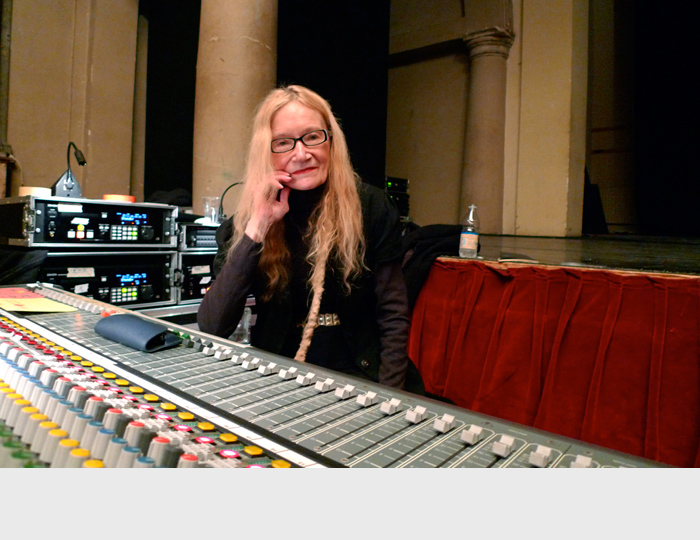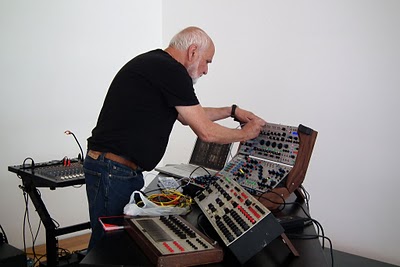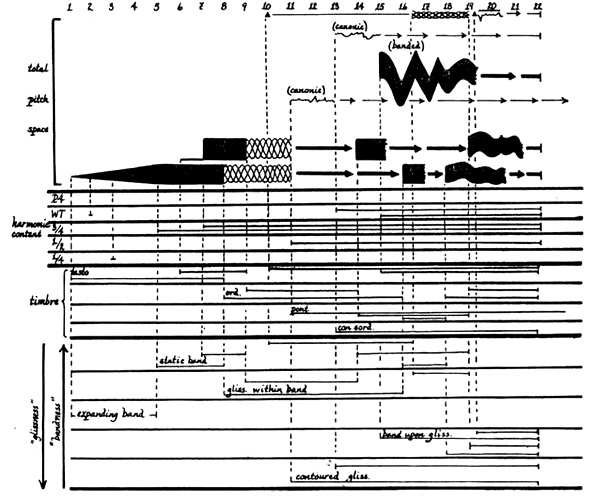Maryanne Amacher
(February 25, 1938 – October 22, 2009) was an American composer and installation artist. She worked extensively with the physiological (not psychoacoustic) phenomenon called otoacoustic emission, in which the ears themselves act as sound generating devices.
Amacher was born in Kane, Pennsylvania, to an American nurse and a Swiss freight train worker. As the only child, she grew up playing the piano. Amacher left Kane to attend the University of Pennsylvania on a full scholarship where she received a B.F.A in 1964. While there she studied composition with George Rochberg and Karlheinz Stockhausen. Subsequently, she did graduate work in acoustics and computer science at the University of Illinois at Urbana-Champaign.
She worked extensively with the physiological (not psychoacoustic) phenomenon called otoacoustic emission, in which the ears themselves act as sound generating devices. Amacher composed several "ear dances" designed to stimulate clear "third" tones coming from the listener's ears. It's not yet adequately researched and clear as to whether these works are solely from otoacoustic emissions or perhaps also combination and difference tones.(wiki)

Head Rhythm 1 and Plaything 2 - Maryanne Amacher:
http://www.youtube.com/watch?v=_MahrtRV ... p7Ra2m3ojj










